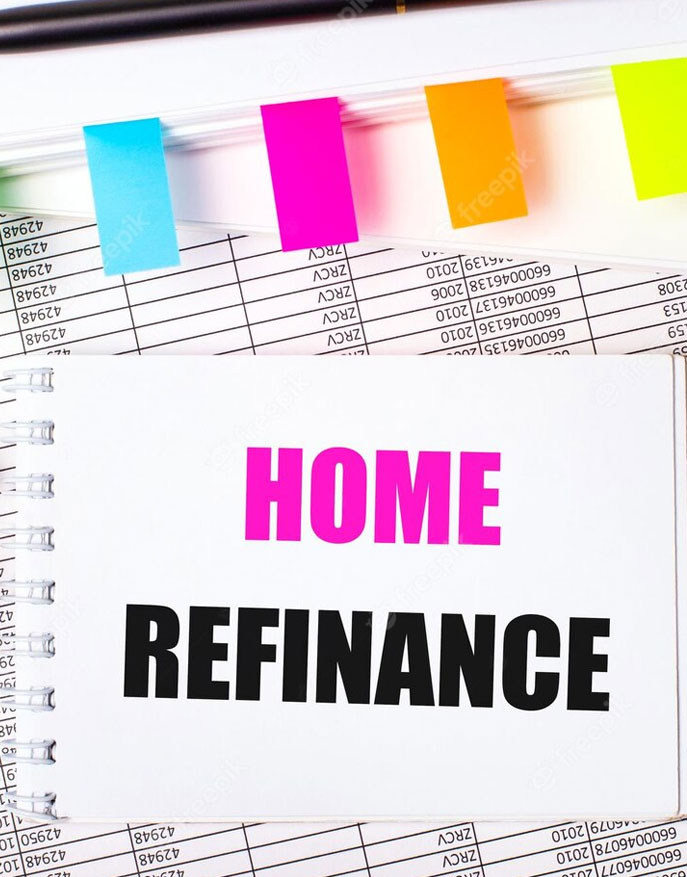Guides
How to save money on your mortgage and pay it off sooner?
As a result of the ever-changing nature of the mortgage industry and the increased availability of loan options from a variety of lenders, borrowers may now pick from among hundreds of different loan options.
As your life and financial situation changes, you don’t have to feel “locked in” to a particular loan type; you may move to a different loan product with the same or a different lender.
Refinancing refers to the process of switching to a new lender for a loan, which is very prevalent nowadays. This guide will provide you an overview of the reasons individuals refinance and the factors you may want to think about when deciding if a loan switch is good for you.







